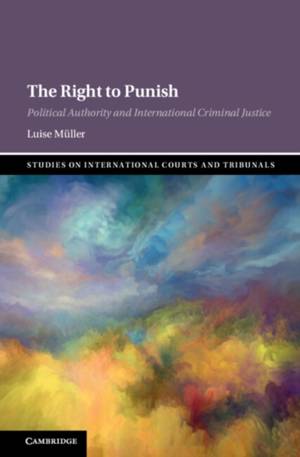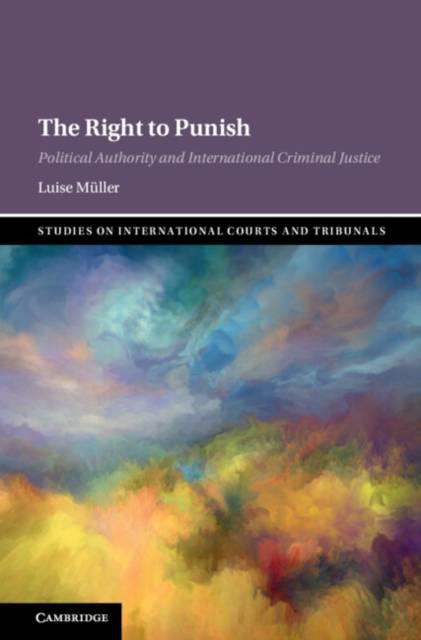
Bedankt voor het vertrouwen het afgelopen jaar! Om jou te bedanken bieden we GRATIS verzending (in België) aan op alles gedurende de hele maand januari.
- Afhalen na 1 uur in een winkel met voorraad
- In januari gratis thuislevering in België
- Ruim aanbod met 7 miljoen producten
Bedankt voor het vertrouwen het afgelopen jaar! Om jou te bedanken bieden we GRATIS verzending (in België) aan op alles gedurende de hele maand januari.
- Afhalen na 1 uur in een winkel met voorraad
- In januari gratis thuislevering in België
- Ruim aanbod met 7 miljoen producten
Zoeken
€ 180,45
+ 360 punten
Omschrijving
What gives international courts the authority to punish individuals for international crimes? Through the lens of political philosophy, Luise Müller provides an original perspective on the justification of the authority of international criminal courts and tribunals. She argues that institutions of international criminal justice are permitted to pierce the sovereignty of states in order to punish high-profile politicians for genocide, crimes against humanity, war crimes, and other mass human rights violations. Their right to punish is justified by virtue of their function to deter mass violations of fundamental human rights. However, to legitimately exercise that right, international criminal justice institutions must fulfil two conditions: first, they must conduct criminal trials with the highest level of fairness; second, they must treat those who are subject to their authority as equals. This last condition can be satisfied by international criminal justice institutions by including procedures of democratic decision-making and democratic accountability.
Specificaties
Betrokkenen
- Auteur(s):
- Uitgeverij:
Inhoud
- Aantal bladzijden:
- 198
- Taal:
- Engels
- Reeks:
Eigenschappen
- Productcode (EAN):
- 9781009378130
- Verschijningsdatum:
- 23/05/2024
- Uitvoering:
- Hardcover
- Formaat:
- Genaaid
- Afmetingen:
- 152 mm x 229 mm
- Gewicht:
- 435 g

Alleen bij Standaard Boekhandel
+ 360 punten op je klantenkaart van Standaard Boekhandel
Beoordelingen
We publiceren alleen reviews die voldoen aan de voorwaarden voor reviews. Bekijk onze voorwaarden voor reviews.









